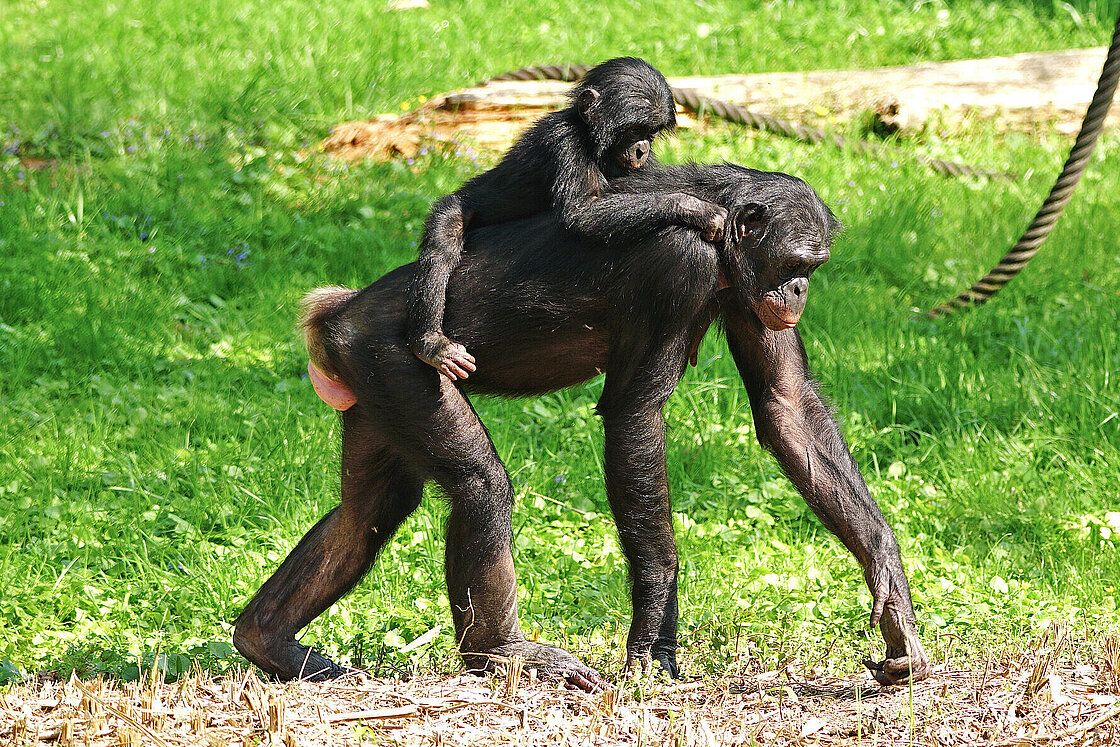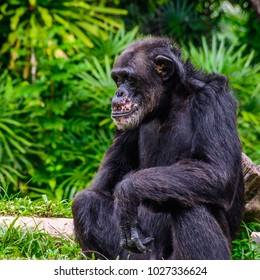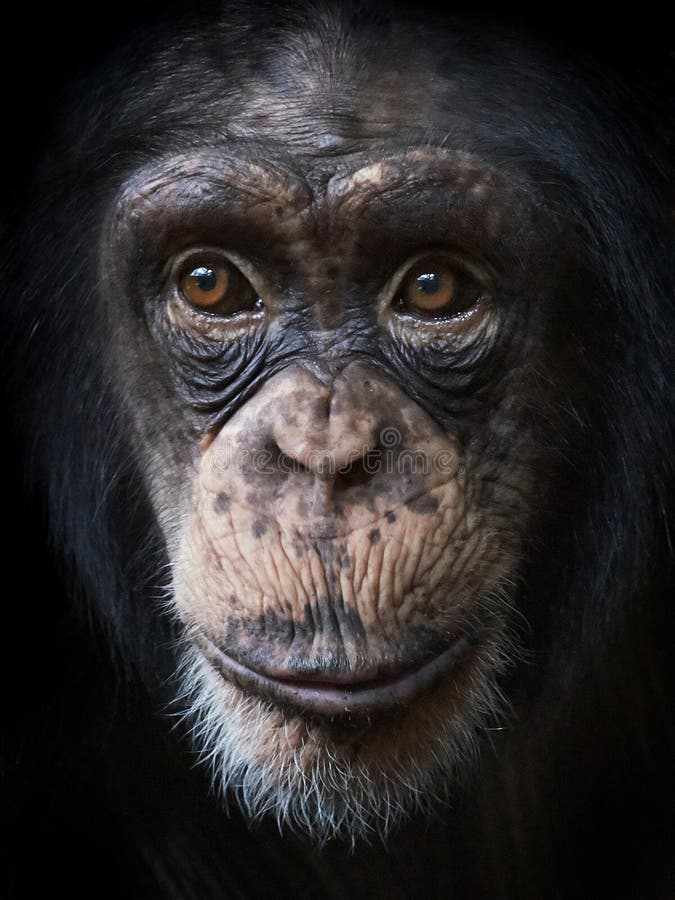

The Monitor is a peculiar little publication that’s hard for the world to figure out. And I’m going to argue that we change lives precisely because we force open that too-small box that most human beings think they live in. We’re the bran muffin of journalism.īut you know what? We change lives. We’re seen as being global, fair, insightful, and perhaps a bit too earnest. If you were to come up with a punchline to a joke about the Monitor, that would probably be it.

Sometimes, we call things ‘boring’ simply because they lie outside the box we are currently in.” My work in Kenya, for example, was heavily influenced by a Christian Science Monitor article I had forced myself to read 10 years earlier. “Many things that end up” being meaningful, writes social scientist Joseph Grenny, “have come from conference workshops, articles, or online videos that began as a chore and ended with an insight. "Ironically," Hare said, "bonobos are from the place where people are at their worst."Ībout a year ago, I happened upon this statement about the Monitor in the Harvard Business Review – under the charming heading of “do things that don’t interest you”: Sure, bonobos will bite, but they won't kill, Hare said.īonobos are endangered and only live around the war-torn Democratic Republic of Congo. Emory University researcher Bill Hopkins says he has more bonobo scars than chimp scars on his body.

Some researchers say Hare has romanticized the bonobo too much. Much of their psychology seems to be frozen." "They never grow up and we have lots of data to support this idea. While the scientific name for bonobos is Pan paniscus, "they should be Peter Pan," Hare said. Chimps get more violent as they age bonobos don't. In some ways - especially when looking at the physiology of the brain - it's as if a bonobo is a juvenile chimp that doesn't develop, Hare said. Instead of releasing tension by fighting, they couple repeatedly, Hare said. Bonobos are ruled by alpha females, chimps by males. In behavior, bonobos are far more tolerant, more social. They don't have the dark side we do.īonobo heads are slightly smaller and their teeth are arranged differently. "They have done something in their evolution that even humans can't do. "Is the bonobo genome the secret to the biology of peace?" asked Hare, who was not involved in the new research. But chimps tend to use tools better and have bigger brains, like humans. Chimps have been documented to kill and make war. Bonobos share food with total strangers, but chimps do not. Bonobos stay close to their mothers - who even pick out their sons' mates - long after infancy like humans. "Humans are a little like a mosaic of bonobo and chimpanzee genomes."īonobos and chimps have distinctly different behaviors that can be seen in humans, with bonobos displaying what might be thought of as our better angels, said Duke University researcher Brian Hare. Bonobos make love, not war. The two apes are much more closely related to each other - sharing 99.6 percent of their genomes - said study lead author Kay Prufer, a geneticist at the Max Planck Institute in Germany. It's as if they are siblings and we are cousins, related to them both equally, sharing some traits with just bonobos and other characteristics with just chimps.īonobos and humans share 98.7 percent of the same genetic blueprint, the same percentage shared with chimps, according to a study released Wednesday by the journal Nature. Scientists have found that we are as close genetically to the peace-loving but little-known bonobo as we are to the more violent and better understood chimpanzee. Now scientists have mapped the primate's DNA, and some researchers say that may eventually reveal secrets about how the darker side of our nature evolved. Behold the bonobo, our ape cousin that's kinder and gentler than the chimp or, well, us.


 0 kommentar(er)
0 kommentar(er)
